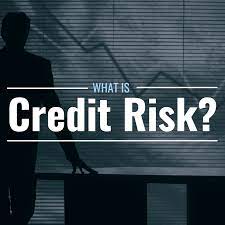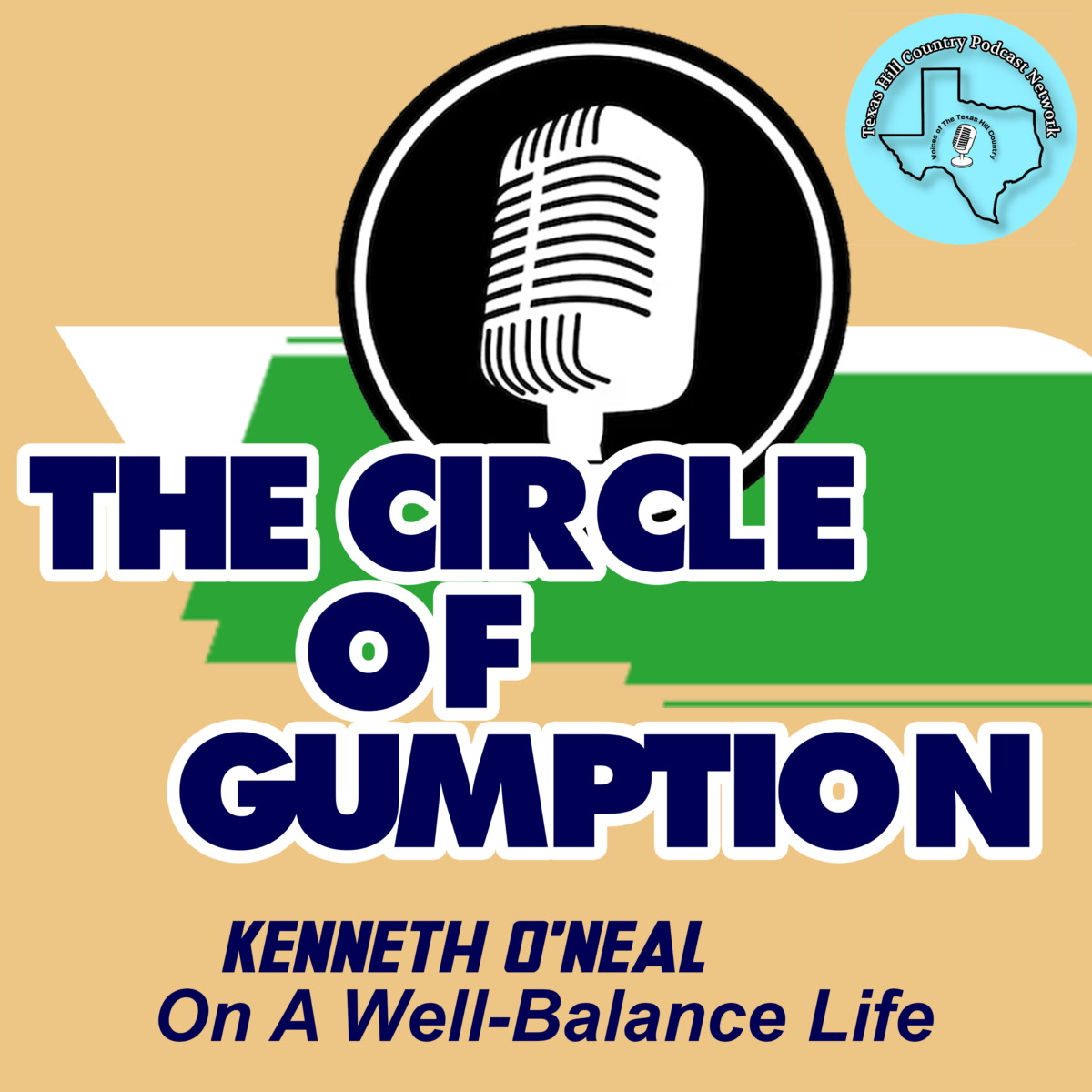What is the role of credit risk in complying with laws such as the Canadian Fighting Against Forced Labor and Child Labor in Supply Chains Act, the US UFLPA, the UK Modern Slavery Act and the German Supply Chain Act. I recently visited with two folks from Creditsafe on this issue; Steve Carpenter country manager for Credit Safe Canada and Ragini Bahalla, head of content and PR for Creditsafe, focusing on the North America region are here to ease your worries. They discussed how Credit Safe has successfully integrated these two elements to provide a comprehensive view of potential suppliers. Steve, with his rich experience of working with credit managers and Ragini, with her deep understanding of supply chain practices, brought a wealth of knowledge to this discussion.
The new Canadian legislation is known as the Modern Slavery Act, but is officially titled “Fighting Against Forced Labor and Child Labor in Supply Chains Act.”; comes into effect on January 1, 2024. The legislation has a broad scope, as it will apply to a wide range of entities and industries that produce, sell, or distribute goods in or import goods into Canada. Sean Stephenson has said, “The legislation is roughly based on another piece of legislation we have in Canada that was adopted a few years ago called the Extractive Sector Transparency Act, that’s focused specifically on the extractive sector, …But it’s much broader in nature. It’s not specific to the extractive sector. It applies to essentially any business formation.”
Despite the legislation’s primarily reporting nature, it is different from an actual diligence standard. There is a need for convergence in anti-slavery laws globally, which calls for a balance between compliance and alignment in disclosure across jurisdictions. However there are some unique features of the Canadian Act, such as its focus on child labor and specific liabilities for companies and directors for false and misleading statements.
Imagine running a North American company that could potentially lead the way in combatting forced labor and child labor globally. This is the potential power you hold as a Compliance professional when you integrate credit risk services into ethical sourcing. Starting this process might seem daunting, but the benefits it brings to your company and the society are immeasurable. Not only will it ensure that your organization stays on the right side of the law, but it also fortifies your brand reputation and safeguards your bottom line.
Here are five key steps for a program for robust forced labor, human trafficking and modern slavery compliance:
- Understand the Legal Landscape: Familiarize yourself with the laws and regulations related to ethical sourcing and forced labor in your country and relevant international jurisdictions.
- Assess Existing Risk Management Infrastructure: Review your company’s current credit risk services and note areas that could be improved or integrated with ethical sourcing efforts.
- Engage Stakeholders Across the Organization: Collaborate with finance, supply chain, compliance, and other relevant departments to ensure a unified approach to ethical sourcing and compliance.
- Integrate Ethical Sourcing Into Credit Risk Services: Work with your credit risk service provider to include data related to ethical sourcing. This might involve financial statements, ownership information, and other relevant data.
- Monitor and Improve: Regularly review your program.
Understand the Legal Landscape. In the ever-changing regulatory landscape, understanding laws related to ethical sourcing and labor production has grown vital for businesses across the globe. This is especially important for professionals dealing with compliance in North American companies. Recent laws introduced in various countries aim to eradicating forced labor and child labor from the supply chains, necessitating businesses to know their obligations. You must familiar with these laws and international jurisdictions that you do business in can benefit your company by allowing you to implement appropriate measures for ensuring ethical sourcing while minimizing the risk of non-compliance.
Carpenter emphasized on the criticality of understanding the legislative landscape. He referred to the Canadian legislation and how it impacts businesses in goods industries. The bill, similar to laws already in place in countries like the UK, Germany, and US, necessitates a rigorous compliance check for businesses to ensure their supply chains are free from forced labor and child labor practices. Canada’s efforts to catch up with these countries and the potential expansion of this legislation to cover smaller companies means big changes are afoot for Canadian companies. Understanding and complying with the legal measures meant to combat unethical labor practices is not just a legal necessity, it’s a moral obligation and a strategic necessity for businesses. Ethical sourcing is an arena that consumers today are keenly conscious of and willingly make purchasing decisions based on this. Companies taking a proactive stance in understanding these laws will safeguard their reputation, maintain customer trust, and avoid the potentially devastating financial and business impact of non-compliance. Furthermore, they could contribute to a global movement towards eradicating forced labor and child labor, paving the way for ethical supply chain practices.
Integrate Ethical Sourcing Into Credit Risk Services. In our rapidly globalizing world, the integration of credit risk services into ethical sourcing efforts is quickly becoming a cornerstone for compliance strategies. Ethical sourcing, which prioritizes responsible practices in supply chains, can help a company avoid both potential legal and financial consequences and also the damage to consumer trust that can stem from unethical labor practices. By using a company’s credit risk data – which can provide important insights into a company’s financial health, relationships with suppliers, and other crucial business aspects – businesses can get a more complete picture of a company’s performance and practices.
When combined with ethical sourcing practices, credit risk data can help illuminate potential gaps and issues in a company’s supply chain that could pose significant legal and financial risk. Bahalla emphasized the importance of understanding a company’s financial health in order to assess a supplier’s ethical sourcing compliance. According to Carpenter, credit risk services provide information such as financial statements, ownership information, and credit scores – all crucial data that can flag potential issues. In addition, Bahalla added that using these data coupled with ethical sourcing practices would provide a better-rounded view on a company’s operations, allowing a more comprehensive evaluation of potential suppliers.
Integral to this is the collaboration between various departments within a company, such as finance, credit, supply chain, and compliance. The increasing concern over irresponsible labor practices and the potential risk they pose for businesses make the integration of credit risk into ethical sourcing efforts a critical step for companies. By combining financial data with a comprehensive ethical sourcing strategy, businesses can gain a deeper understanding of their suppliers and their practices. This can help companies avoid potential legal troubles and reputational damage, as well as build and maintain trust with consumers. Moreover, the collaboration of different sectors within the business helps to foster a unified approach to compliance with ethical sourcing laws, making for a more effective and efficient strategy.
Understanding the financial health of a supplier can help identify potential vulnerabilities and mitigate risk, demonstrating the role that credit risk services play in optimizing ethical sourcing efforts. As businesses operate in an increasingly interconnected world, the need to effectively navigate complex global supply chains while preserving ethical practices becomes paramount.
Assess Existing Risk Management Infrastructure. Understanding and effectively managing the intersection of credit risk services and ethical sourcing demands a comprehensive assessment of existing risk management infrastructure. At the forefront of this evaluation is identifying areas of overlap, gaps, and potential for integration of tools and processes used within credit services and those deployed to maintain ethical supply chains. A seamless integration of these two critical aspects greatly enhances the efficacy of compliance checks, ensuring both fiscal health and ethical integrity. Yet, this intricate process opens a broader conversation about risk, credit management, ethical sourcing, and regulatory demands.
The underlying idea is simple but powerful. When assessing potential suppliers, having a comprehensive view of both their financial strength and ethical practices can facilitate more informed decisions. But, according to Steve, this is not just about upscaling services; it’s about looking towards the future where ethical sourcing holds equal the weight of fiscal health in business transactions. This transition calls for an internal alignment especially with key departments like finance, credit, supply chain, and compliance, thus ensuring a holistic approach to ethical sourcing and regulatory compliance. The integration of credit risk services and ethical sourcing is not simply about meeting immediate business needs; it’s also about future-proofing your organization.
The enforcement of new laws, such as Canada’s Forced Labor legislation, emphasizes this. These laws signify a shift in the corporate landscape, where ethical sourcing practices are held in equal regards to fiscal health. Furthermore, with potential reputational damage and loss of customer trust hinged on the observance of responsible sourcing practices, the imperativeness of the integration is clearer than ever. This is a progressive stride towards mitigating both financial and ethical risks, ultimately driving businesses towards better global practices. It is not just beneficial in avoiding penalties or preserving image, but central to building sustainable businesses underpinned by sound credit risk management and unwavering commitment to ethical sourcing.
There’s never been a more crucial time for compliance professionals in North American companies to focus on ethical sourcing. The consequences of inaction, both legal and reputational, can be devastating. The outlined steps in this post offer a practical guide to integrate credit risk services into ethical sourcing efforts, ensuring you’re not only protecting your company from credit risks but also championing ethical business practices. Understanding the legal landscape, reviewing your risk management infrastructure, fostering interdepartmental collaboration.
For more information on the new Canadian law, head over to the Compliance Podcast Network and listen to Gwen Hassan’s podcast with Sean Stephenson on the award-winning Hidden Traffic podcast.












